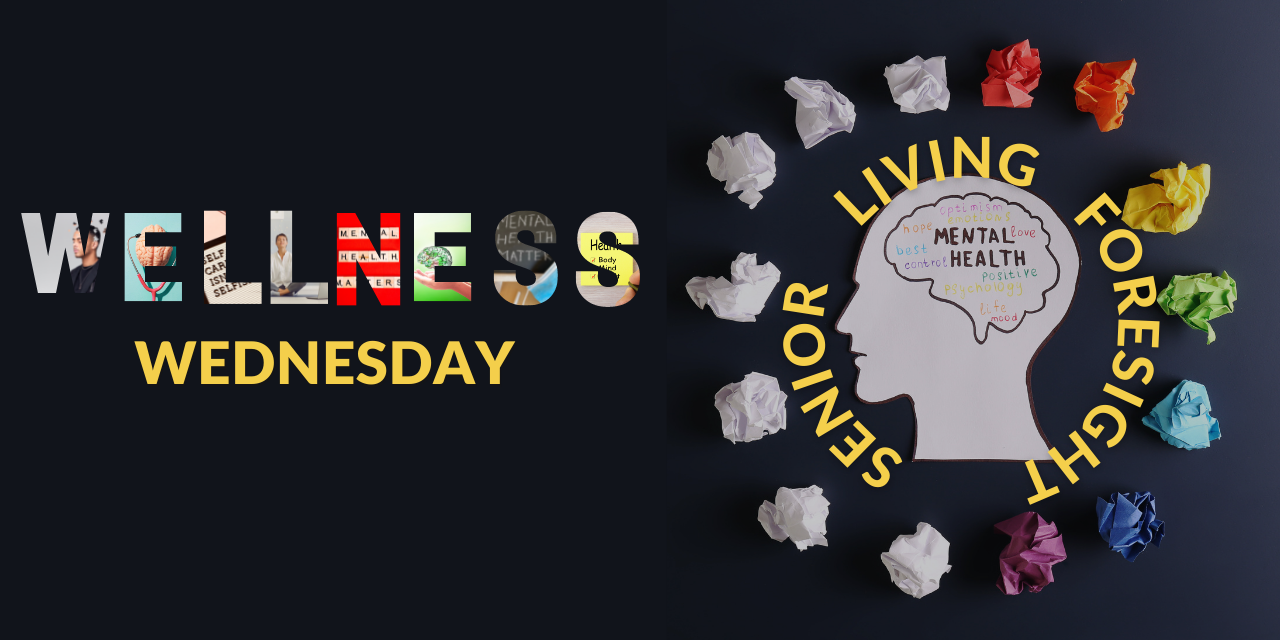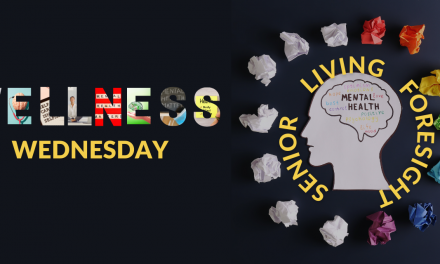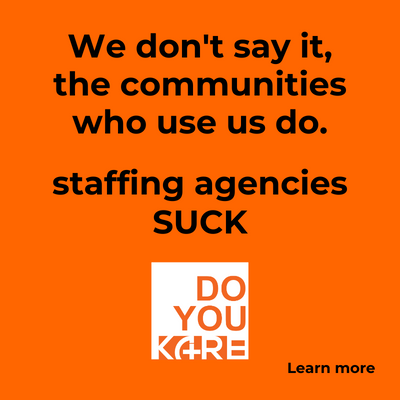By Rachel Hill
When I first started talking about my mental health journey about five years ago, I did it because there weren’t a lot of conversations happening around the topic. There weren’t any “celeb endorsements” for Better Help (a company that offers online therapy); my friends and I continued to talk about our “wins” over our struggles; and there certainly weren’t hoodies with slogans like “Therapy is DOPE” making a fashion statement.
So How Did We Get Here?
So how did we get to a point where we now have a Wellness Wednesday vertical on Foresight? An outlet for our team and contributors to collaborate and share about their own mental health? I’ve got to be honest, it wasn’t easy. For a couple of reasons.
First, while the stigma around talking about our mental health has to a large degree lifted, there is still clearly a stigma to talking about mental health professionally. It still seems to be perceived as a weakness. Something that can make us deemed “unemployable.” And in full transparency, it wasn’t a direction our team was sure we wanted to go at first. Much like talking about race, this is such a layered topic that can be difficult to write about.
Second, it took me asking (okay nagging) Steve Moran to let me speak on this topic because I thought it would be of tremendous value to our audience. And I’m so proud of what it has turned into.
My Only Concern
I hate sounding like a millennial hipster, but I was talking about mental health before it was “cool.” Now we can’t listen to a podcast or watch a YouTube video that doesn’t contain a mental health ad. And while I’m glad the topic is being talked about so openly, I wonder, has the popularization of talking about mental wellness made it more challenging to talk about? There’s a thin line between sharing your experience to help others and being vulnerable in order to get eyes on your content.
A New Kind of Shame
The overwhelming content out there on mental health has, I fear, created a new kind of stigma. One where people are now reluctant to share or talk about their mental health in fear they’ll be labeled “fake” or an Instagram influencer about to give us 20% off some supplement. And I worry that someone out there who needs to share will feel like they no longer have the option to. That their voice will get lost. And to me, that would be the worst outcome of the popularization of talking about our mental health. Because when I made the decision to share my story, I did so because I was suffering in silence and felt that no one should have to do the same.
I would love to hear your thoughts.





